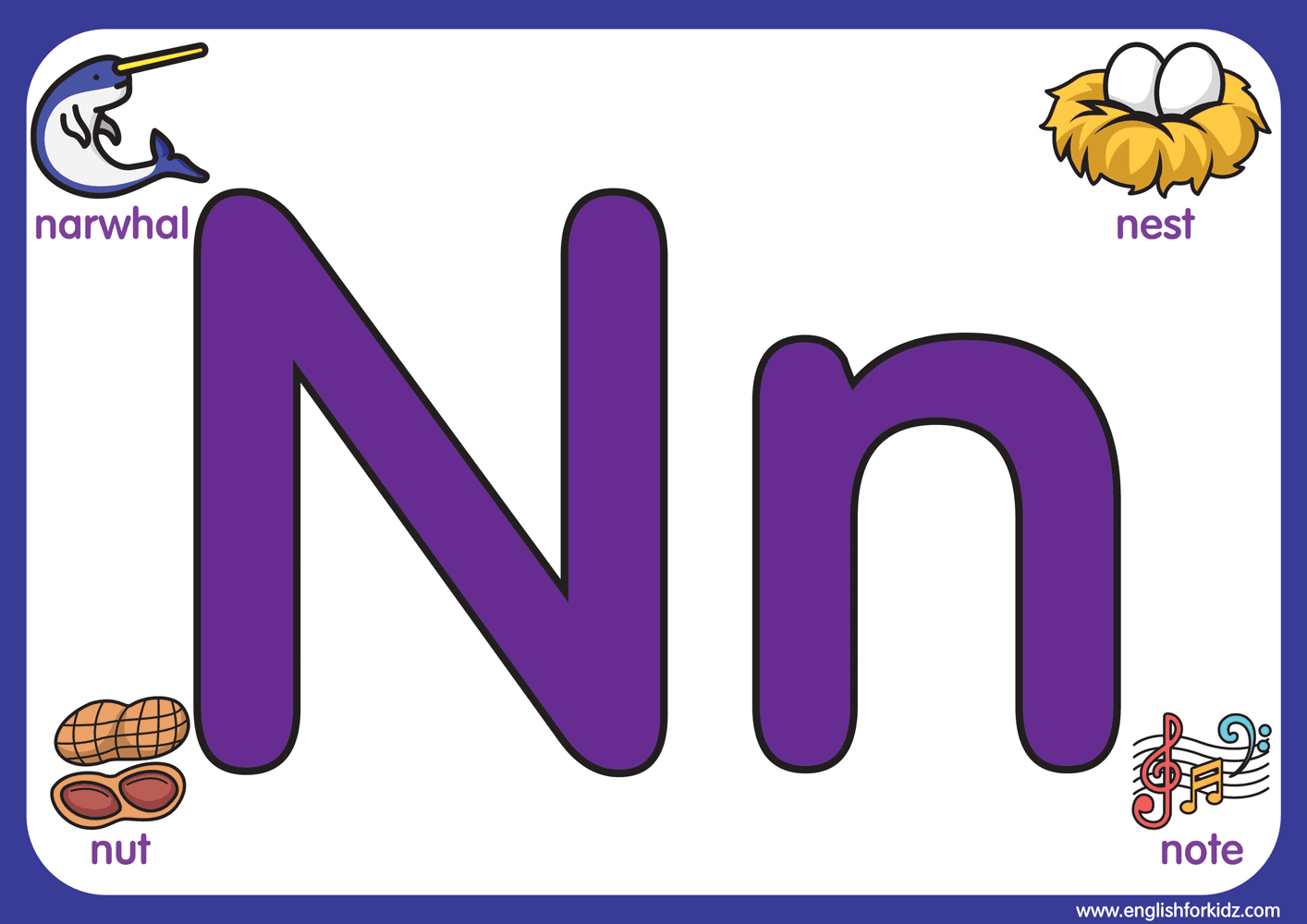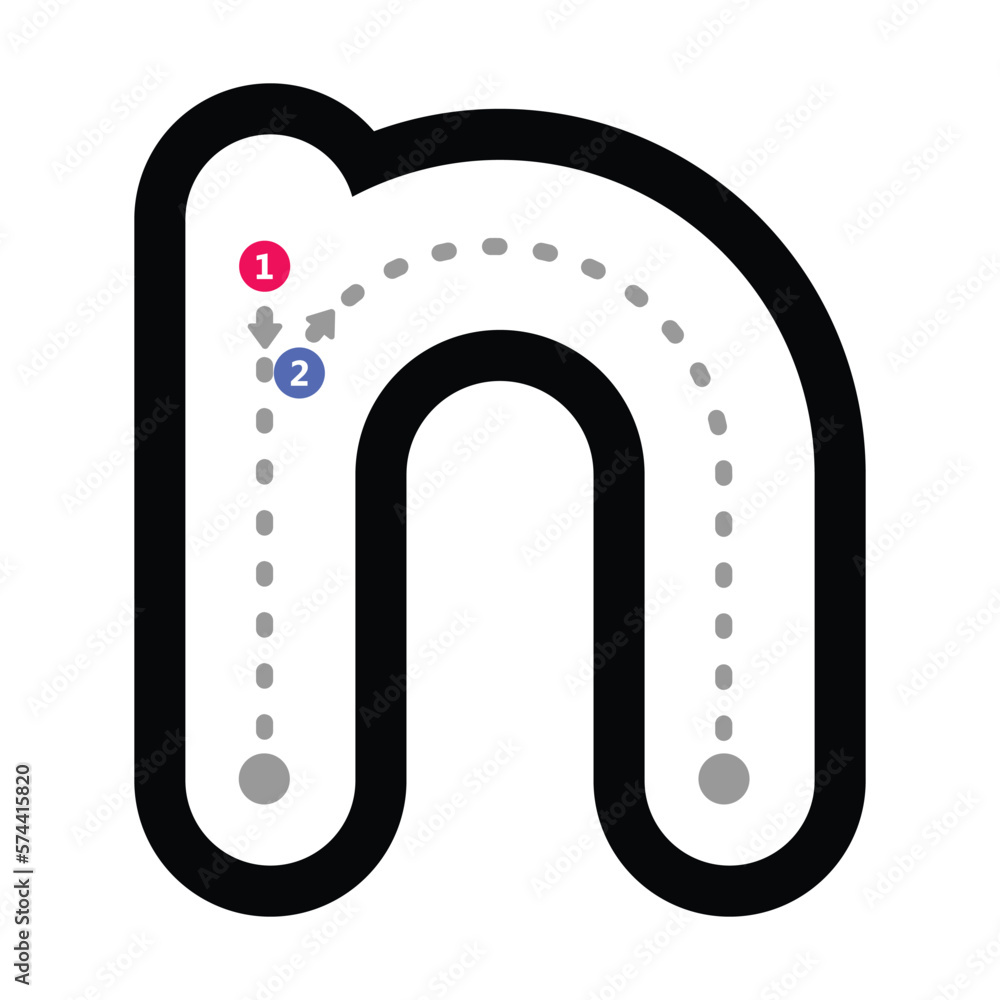Have you ever been in a chat, maybe with a friend or a colleague, and seen the letters "NVM" pop up? Perhaps you felt a little pause, wondering what those three simple characters could possibly mean. It's a rather common sight in our quick-paced digital chats, and it can leave you feeling a bit out of the loop if you're not quite sure what it means. Well, you're certainly not alone in that feeling, so it's almost a universal experience for folks getting used to online talk.
This little abbreviation, NVM, is actually a pretty neat shortcut that people use all the time. It helps conversations move along smoothly, especially when you are typing fast on your phone or computer. Understanding what it means can definitely make your online interactions feel a lot more natural, you know, just like you're speaking face-to-face.
In this article, we are going to really look at the NVM meaning, explore why it's so popular, and even talk about when it's best to use it yourself. We will also touch on how it fits into the bigger picture of online communication, and perhaps, how a quick "nvm" can clear up a small mix-up in a flash. So, basically, get ready to add this useful phrase to your own communication toolkit.
Table of Contents
- What "NVM" Actually Means
- When You'll See "NVM"
- "NVM" vs. "Never Mind": Is There a Difference?
- Using "NVM" Just Right
- Common Questions About "NVM"
- Conclusion
What "NVM" Actually Means
The Simple Definition
At its heart, "NVM" is a shorthand way of saying "never mind." That's really all there is to it, pretty much. It's a quick way to tell someone that what you just said, or what you were about to say, is no longer important or relevant. You might have changed your thoughts, found the answer yourself, or decided the topic just isn't worth continuing. It's a simple little phrase, but it packs a lot into just three letters, you know.
People use it when they want to quickly retract something, or perhaps, signal that a previous point doesn't need a response anymore. It's a signal to move on, sort of, without making a big fuss. This abbreviation, very much like other internet lingo, helps keep conversations snappy and to the point.
Why We Use It
The main reason NVM is so popular is its efficiency. Typing "never mind" takes a bit more effort than just "NVM," especially on a mobile phone keyboard. In our fast-paced online communication, every second and every tap counts, so it's almost like a race against time. This little shortcut saves time and effort, making conversations flow more freely.
It also helps avoid awkward pauses or unnecessary explanations. If you ask a question and then figure out the answer yourself right away, a quick "NVM" lets the other person know they don't need to spend time replying. It's a polite way to close a mini-topic, in a way, without leaving someone hanging. This efficiency is why it has stuck around and remains a very common part of how we talk online, even today in 2024.
When You'll See "NVM"
Casual Conversations
You'll probably see NVM most often in casual chats with friends, family, or colleagues. Imagine you're texting a friend, asking for directions to a place, and then you remember you have the address already saved. A quick "NVM, found it!" is the perfect response. It's a very natural part of informal digital talk, actually.
It's also common when someone starts typing a question, then realizes the answer while they're still forming the words. They might send "What time... NVM, I see it on the invite." This saves both people time and keeps the chat from getting bogged down with unnecessary back-and-forth. It's a rather fluid way to manage small conversational turns.
Technical Talk
Interestingly, NVM also pops up in more technical discussions, particularly in programming or tech support forums. Think about when you're trying to figure out a computer problem, like understanding the difference between `\n` (newline) and `\r` (carriage return) in text formatting. You might ask a question, then suddenly, it clicks. "What's the difference between \n and \r... NVM, I just figured out how they affect a string!" That kind of quick realization is pretty common.
Just like when you are learning how to type Spanish accents (á, é, í, ó, ú, ü, ñ, ¿, ¡) and you might ask for help, then remember a trick you learned. "How do I type an 'ñ'? NVM, I remember the alt code now." It's a way to say, "My question is resolved, no need to explain." This use shows how NVM bridges the gap between casual chat and more specific, problem-solving discussions, making it a very versatile tool in online communication.
"NVM" vs. "Never Mind": Is There a Difference?
Functionally, "NVM" and "never mind" mean the exact same thing. The core message is identical: disregard what was just said or asked. The difference, however, lies mostly in the tone and context of use. "NVM" is almost always used in informal, written communication, like texts, instant messages, or quick online comments, you know.
"Never mind," on the other hand, can be used in both written and spoken conversations, and it often carries a slightly more formal or complete feeling. If you say "never mind" out loud, it might have a bit more weight than typing "NVM." The abbreviation tends to be quicker, a little more casual, and perhaps, a touch less emphatic. So, in a way, while the meaning is the same, the feeling can be a little different.
Choosing between the two really depends on your audience and the situation. For a quick text to a friend, "NVM" is perfectly fine and expected. For a more formal email or a spoken conversation, "never mind" might be the better, more complete choice. It's a subtle distinction, but it can make a difference in how your message is received, basically.
Using "NVM" Just Right
Tips for Your Chats
Using "NVM" effectively is pretty straightforward. First, make sure the context is clear. It works best when you've just asked a question or made a statement that you now want to retract. For example, if you send "Where are you?" and then immediately see them, you can follow up with "NVM, I see you!" That's a good way to use it, really.
Also, consider the flow of the conversation. If you're in a deep discussion, a sudden "NVM" might seem abrupt or dismissive. It's best suited for quick, minor points or questions that get resolved almost instantly. It's a tool for small course corrections, not for ending a major discussion. So, use it wisely, you know, for those little moments.
Finally, remember that NVM is a casual abbreviation. It's perfect for friends and informal settings. You wouldn't typically use it in a formal business email or a very serious discussion. Knowing your audience is key to using this and other abbreviations appropriately. It's like knowing when to use a casual phrase versus a more formal one in spoken language, actually.
A Bit of Caution
While "NVM" is useful, it's worth a little thought before you hit send. Sometimes, it can come across as a bit dismissive if not used carefully. If someone is putting effort into helping you, and you just send "NVM" without any further explanation, they might feel a little put out. It's like, "Oh, all that effort for nothing?"
A slightly more polite approach, especially if someone has already started to reply, might be "NVM, I figured it out, thanks though!" or "NVM, don't worry about it." Adding a small word of appreciation can go a long way in maintaining good communication. It just shows you appreciate their willingness to help, even if their help wasn't needed in the end. This makes the interaction feel much more human, basically.
Common Questions About "NVM"
People often have a few questions about "NVM," especially as they get used to online communication. Here are some common ones, with answers that might help clear things up, you know.
Is NVM rude?
NVM is not inherently rude, but its tone can depend on the context and how it's used. In casual settings, it's generally fine. However, if someone has gone to great lengths to help you, a simple "NVM" without any further explanation or thanks could be seen as a bit abrupt. Adding a quick "thanks" or "figured it out" makes it much softer, actually.
Can I use NVM in a professional email?
Generally, no. NVM is a very informal abbreviation, more suited for texting or instant messaging. In professional emails, it's always better to use the full phrase "never mind" or, even better, to rephrase your message to clearly state that the previous point is no longer relevant. Clarity and professionalism are key in those settings, pretty much.
What's the difference between NVM and LOL?
These are completely different. NVM means "never mind," indicating a retraction or disregard for a previous statement. LOL means "laughing out loud," expressing amusement. While both are common internet abbreviations, they serve entirely different purposes in communication. So, they are really not interchangeable at all.
Conclusion
Understanding the NVM meaning is just one small piece of the puzzle when it comes to fluent online communication. This abbreviation, which stands for "never mind," is a useful shortcut that helps us communicate quickly and efficiently in our digital lives. It lets us retract a question or comment without a big fuss, keeping conversations flowing smoothly. So, the next time you see "NVM," you'll know exactly what it means and how to use it yourself, which is pretty neat.
Learning these kinds of digital shorthand, much like mastering how to use the Spanish language or figuring out how to type Spanish letters and accents, really helps you connect better with others. It's all about making your messages clear and your interactions feel natural. You can learn more about effective communication on our site, and perhaps, link to this page for a deeper look at the phrase "never mind" itself.



Detail Author:
- Name : Prof. Mario Hagenes
- Username : urunte
- Email : mustafa74@hotmail.com
- Birthdate : 1999-07-11
- Address : 8697 Little Well Suite 975 East Roxanne, HI 85590
- Phone : 719.357.9536
- Company : Bergnaum-Towne
- Job : Furnace Operator
- Bio : Dolorem alias recusandae blanditiis voluptas consectetur quia. Corrupti hic nulla eum esse. Quas rerum voluptas minima quia vero.
Socials
twitter:
- url : https://twitter.com/urban_xx
- username : urban_xx
- bio : Ab sint tenetur possimus quia delectus rerum porro. Consequuntur quo rerum quia at.
- followers : 5079
- following : 1725
tiktok:
- url : https://tiktok.com/@urban_official
- username : urban_official
- bio : Qui dolorem distinctio deserunt sequi sed.
- followers : 5394
- following : 969
linkedin:
- url : https://linkedin.com/in/urban_official
- username : urban_official
- bio : Beatae in dicta ut voluptatem a.
- followers : 6929
- following : 758
instagram:
- url : https://instagram.com/quitzonu
- username : quitzonu
- bio : Perferendis aut iusto molestias id. Sit et molestias a et. Ut mollitia sint aliquam blanditiis.
- followers : 4396
- following : 578
facebook:
- url : https://facebook.com/urban.quitzon
- username : urban.quitzon
- bio : Inventore numquam molestias ducimus commodi facilis nostrum.
- followers : 4665
- following : 770

